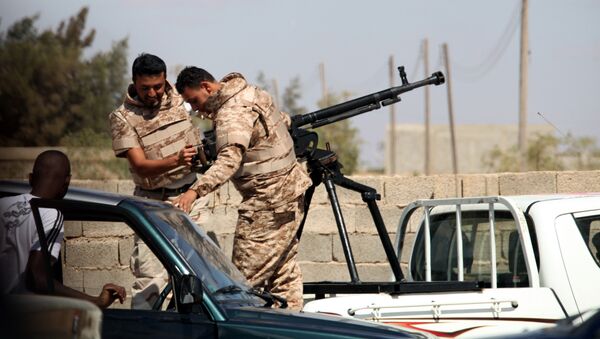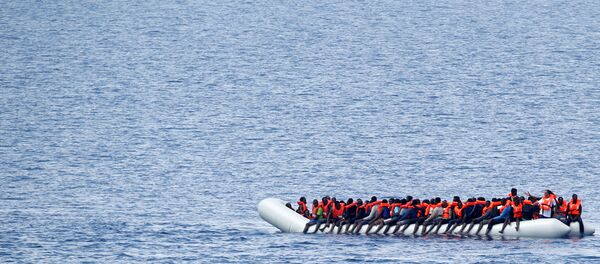"What is important for us to know is that since the beginning of the war external interference in the Libyan crisis has grown up in different ways, including in the technical support, and this applies to both [Libyan] parties. ...This cannot be allowed to happen indefinitely", Salame said at the Mediterranean Dialogues forum in Rome.
The UN representative was especially concerned about an influx of new types of arms into the country.
"My efforts have been concentrated on the domestic scene in Libya in order to contain foreign influence. But with the war going on, external interference is becoming much more intense, new kinds of weapons are coming to the country", Salame warned.
He lamented that the Security Council had been unable to produce a call for a ceasefire, which is why the special envoy had decided to change the strategy and try to forge an international consensus on Libya in other ways.
"That is the Berlin process. Trying to bring together the Security Council and other countries to work out a minimal international consensus on Libya", Salame added.
He noted that international polarisation in Libya was still very high.
Libya is currently ruled by two competing governments. The country’s east is controlled by the Libyan National Army, led by Khalifa Haftar, and its west is governed by the UN-backed Government of National Accord. Since April, the sides have been engaged in an open military confrontation.
The situation in Libya has been complicated by the fact that it is used as a transit point by migrants from other countries hoping to reach Europe. Because of this, the European Union and Italy, in particular, have been working with Libya to stem the migration flow.





